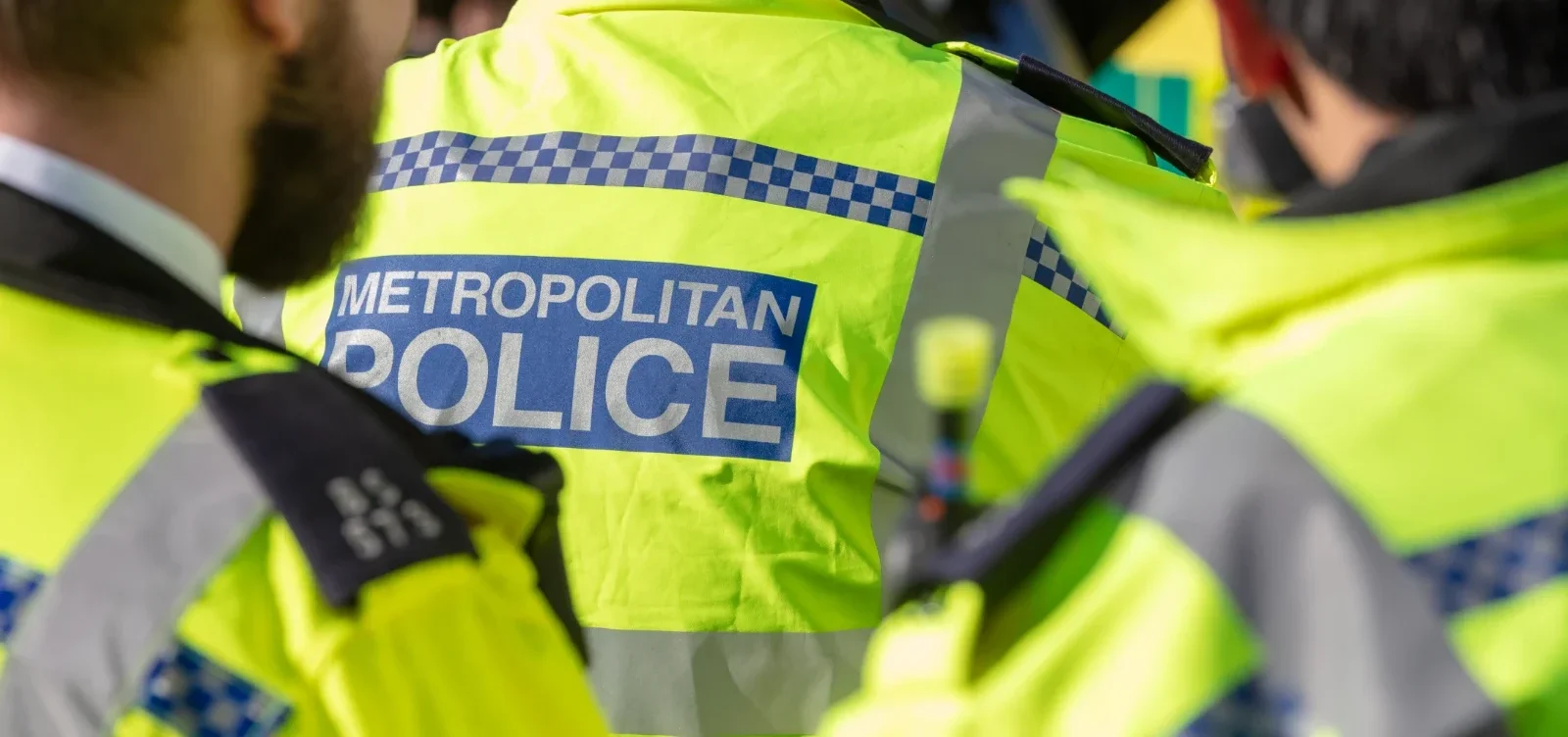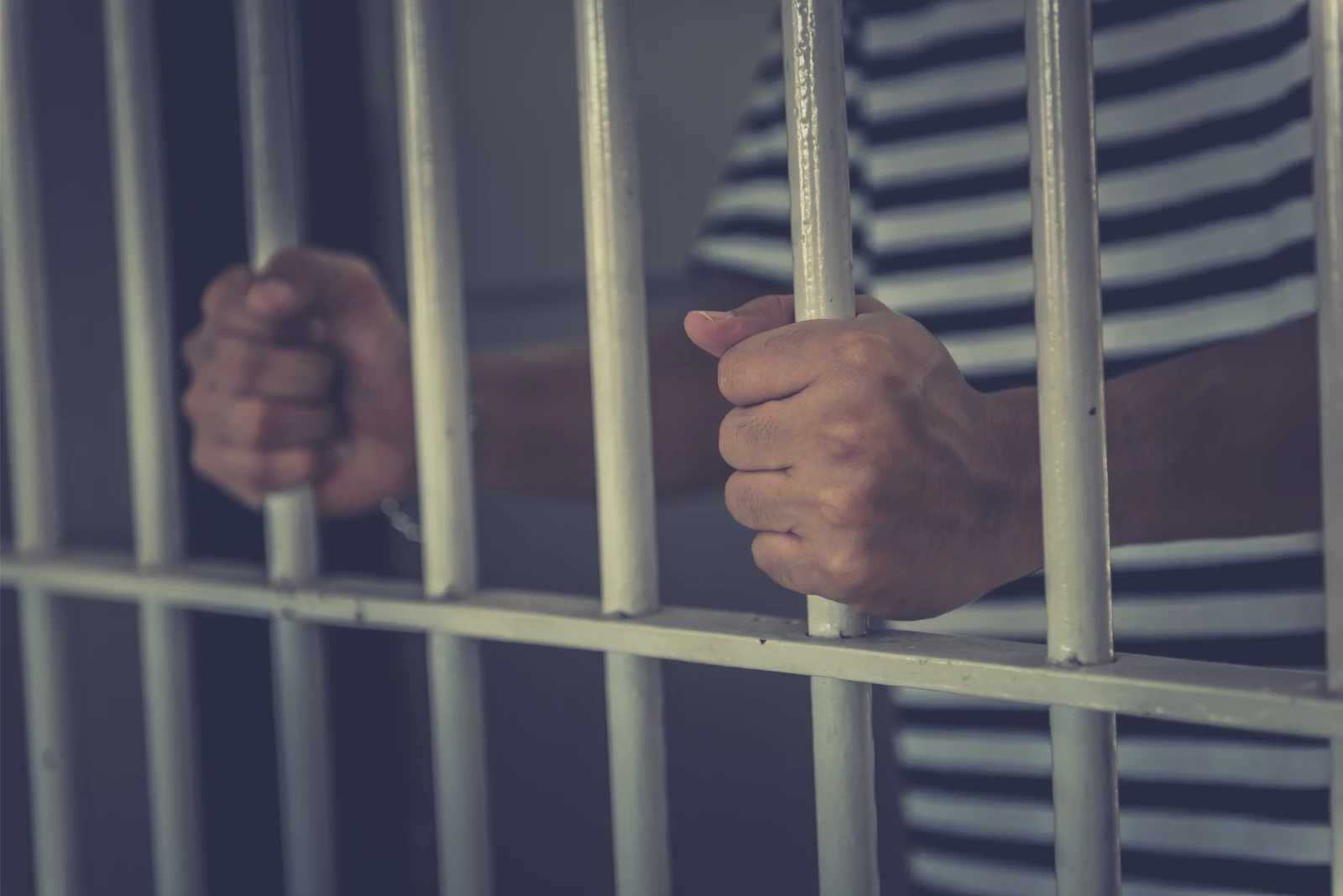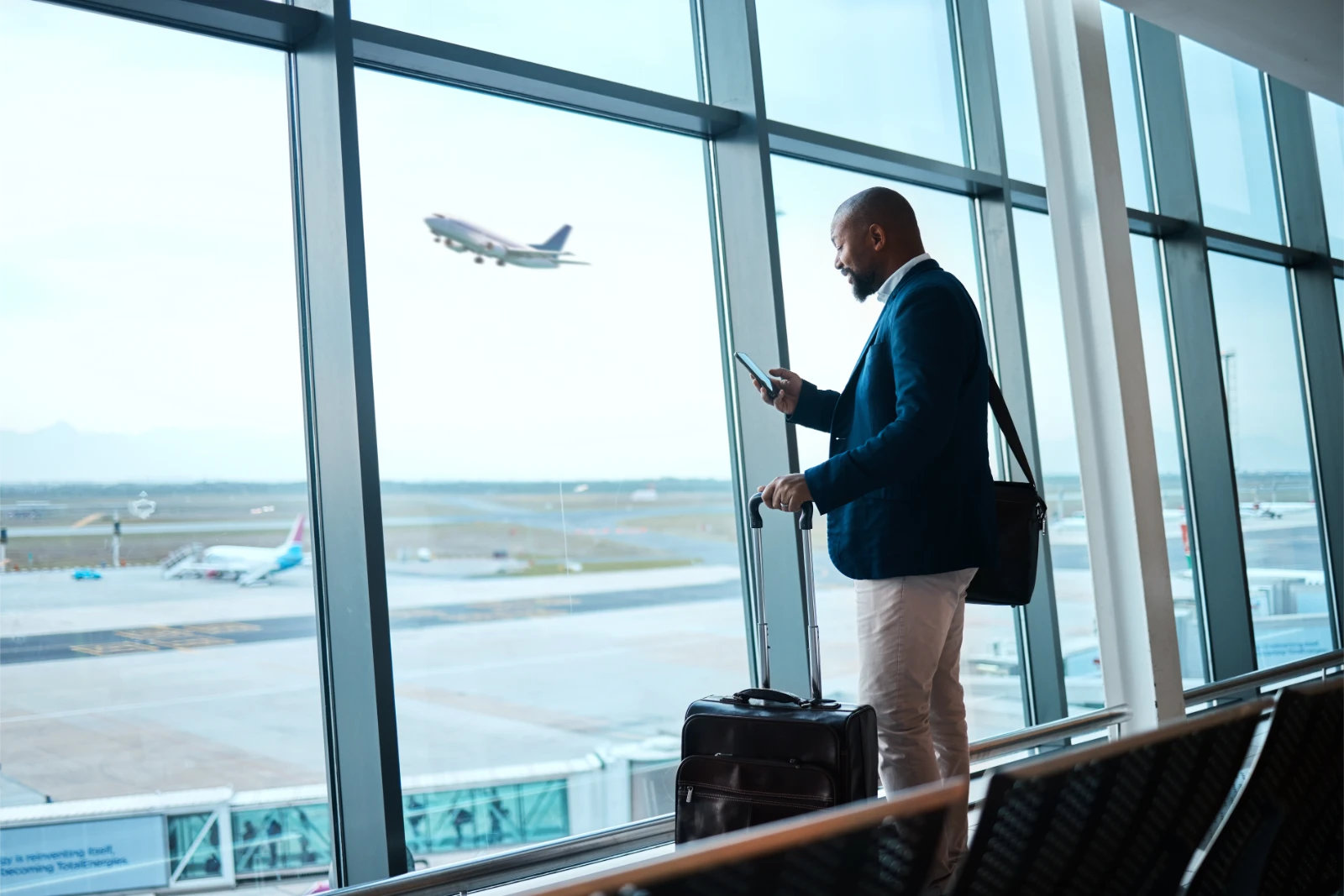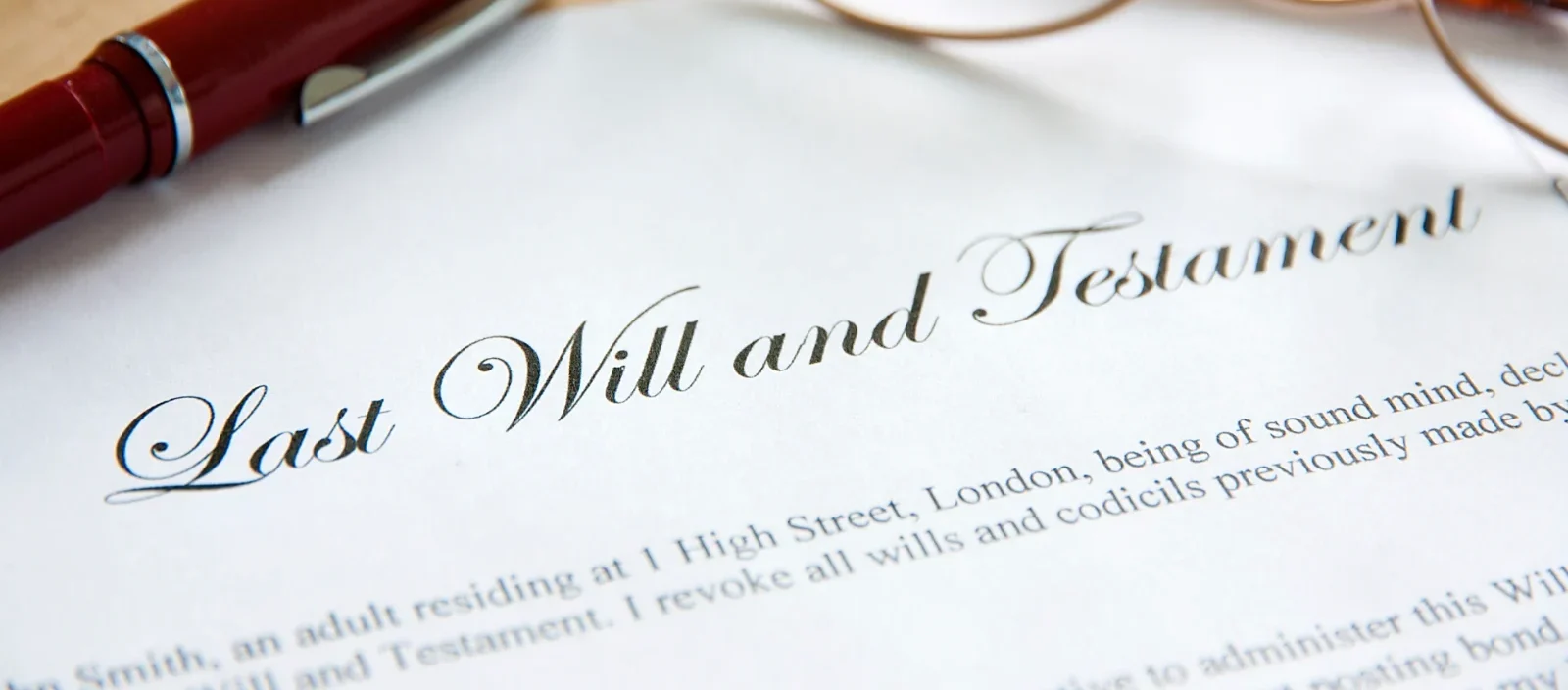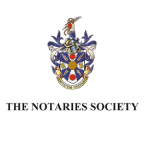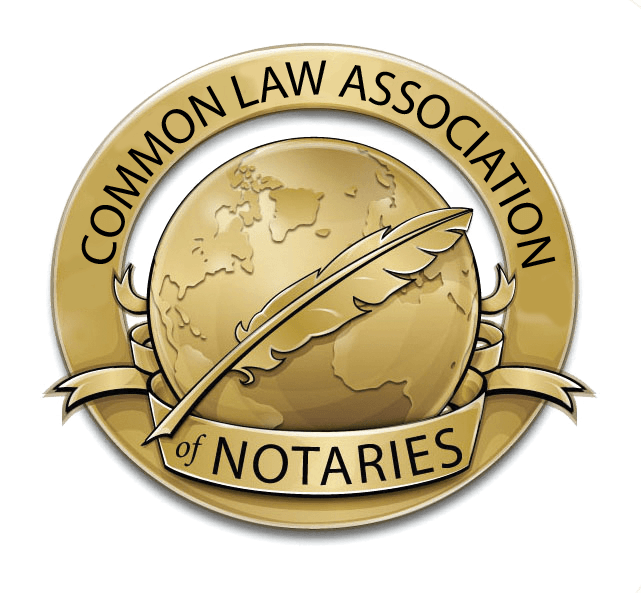We offer a range of Certificate of No Impediment services to help you get your document ready for your wedding overseas.
What is a Certificate of No Impediment (CNI)?
A Certificate of No Impediment is a document that shows a person has legal permission to get married overseas. It cannot be used for couples, each person must have their own.
Rules for the certificate can vary by country. For example, some countries do not accept certificates that are two or three months older than the date of the wedding. Also, your documents may need to be translated into the local language.
Additionally, some countries do not accept the Certificate of No Impediment, with different documents being required instead. The Government has a tool that lets you see the different requirements that countries around the world have for you to get married in them.
For example, some countries may instead ask for a Statutory Declaration, which may be called a Declaration of Civil Status. Sometimes, they may even ask for both a Statutory Declaration and a CNI for you to get married there.
We have a guide to the Certificate of No Impediment if you would like more in-depth information about this important document.
How do I get a Certificate of No Impediment?
You can get a Certificate of No Impediment from your local registry office in the UK. Your certificate will be publicly displayed for 28 days after the registry office has been notified you are getting married. Once this period has ended, you can collect your certificate as long as no one has objected to the marriage.
Why you need a Notary Public
Our Notary Public of England and Wales, Nathan Woodcock, is capable of notarising your document as part of our Certificate of No Impediment services for when you take it overseas to get married. Your appointment can be arranged to be at a time and a place that is convenient to you, as we offer a mobile notary service. Also, you can arrange your appointment to take place at one of our offices in London, Manchester, or Sheffield.
Your Certificate of No Impediment will also need either embassy legalisation, or an apostille from the Foreign, Commonwealth and Development Office (FDCO). The process you need to use will depend on the country you plan on going to; we can assist you with both of them.
Embassy legalisation is a lengthier process that we will manage for you. We do this by working with the embassy and consular of the country you want to go to.
For apostilles, we work closely with the FCDO to get your documents issued with an apostille certificate. We offer a standard service that takes 10 to 15 days, and a fast-track service that takes 5 to 7 days.
If you need our help with any Notary Public services, get in touch with us today.





